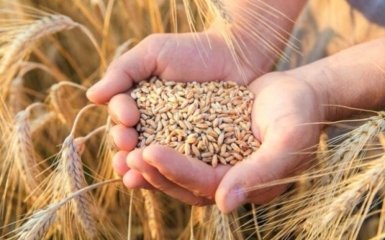The Czech Republic will propose banning the import of Russian and Belarusian grain to the European Union at the meeting of the European Council next week.
Ban on import of grain from the Russian Federation and Belarus to the EU
We will insist that grains and oilseeds are on the sanctions list and do not travel to Europe, — said Minister of Agriculture Marek Vyborny.
Prime Minister Petr Fiala will present the position of the Czech Republic at the meeting of the European Council next week.
According to Eurostat, 1.5 million tons of grain were imported to the EU from Russia last year, which is more than before the war in Ukraine.
There is no reason why we should support the aggressor by buying Russian grain in Europe, — Vyborny added.
According to the minister, there is no threat of a drastic increase in product prices after a possible ban on the import of Russian grain.
The Czech Republic has surpluses for export, there were surpluses all over the world, — the minister noted.
Lithuania called for a ban on grain imports from the Russian Federation and Belarus at the EU level
On March 14, the Seimas of Lithuania adopted a resolution calling for a ban on the import of Russian and Belarusian grain crops at the European level.
In it, the parliamentarians appeal to the European Commission with a request to urgently develop a draft law banning the import of grain of Russian and Belarusian origin to the EU, and other European institutions to support such a ban.
Next week, the European Commission is expected to present a proposal on restrictions on grain imports from Russia and Belarus amid protests from European farmers and calls from Ukraine to take this step.
However, they want to avoid a full embargo in the EU, fearing global price fluctuations and a negative impact on the poorer countries of the world.
More on the topic
- Category
- Economics
- Publication date
- Додати до обраного


